The Key of Light
by Lisa VanDamme
My favorite quote of the week, perhaps even of the year, came from an eighth grade student.
“I feel like a terrible person.”
That demands explanation.
We had just completed Victor Hugo’s epic novel Ninety-Three, which happens to be the novel from which the title of this blog was derived. One of its primary characters, Cimourdain, is an ardent Revolutionary. Charged early in his life with the role of tutoring Gauvain, a young aristocrat, he had imbued him with his radical ideas and animated him with his fanatical passion. In the process, he had come to regard Gauvain as more than a son, and Gauvain, to regard him as more than a father. “This deep spiritual paternity bound Cimourdain to his pupil…A mind can have a child.”
And in another timelessly eloquent metaphor for education, the one that inspired my title, Hugo says: “It is a beautiful thing to mold a statue and give it life; it is still more beautiful to shape an intelligence and give it truth. Cimourdain was a Pygmalion of the soul.”
The relationship between Gauvain and Cimourdain is one of the cornerstones of this riveting, heart-wrenching, and awe-inspiring novel.
The story takes place at the height of the Reign of Terror, when the woods of Vendée have become a pivotal and menacing battleground. The leader of the royal army in Vendée is the Marquis de Lantenac, a notoriously ruthless general who sees justice in any action that furthers his cause. He will shoot women—which he does, when the innocent peasant mother Michelle de Fléchard is given refuge by his enemies. He will make hostages of children—which he does, when he must decide what to do with the executed young mother’s three helpless orphans. He will kill his own family—which he vows to do, since his fiercest rival in Vendée is none other than his own nephew and Cimourdain’s pupil, now a Revolutionary general—Gauvain.
Gauvain, himself a brilliant and capable military leader, is also known, however, as more idealistic and merciful in the implementation of his ambitions. “Above the revolutionary absolute,” he contends,” there is the human absolute.” The leaders of the Reign of Terror see this as a weakness, and they decide to appoint a man with the severity and mercilessness of Lantenac himself to supervise Gauvain and, should this weakness betray their cause, to see to his execution. They appoint none other than Gauvain’s spiritual father—Cimourdain.
Consistent with Hugo’s unfailingly grand view of life and of man, every one of these characters is heroic in the defense of his values, and the clash or confluence of their goals makes for a breathtakingly dramatic climax.
At the Tourgue castle, Lantenac’s childhood home and the very site of Cimourdain’s tutelage of the young Gauvain, we find: Lantenac and eighteen royalists besieged and outnumbered, yet determined to fight to the death; Gauvain and a large Revolutionary army surrounding them, competing for the honor of being in the vanguard of the attack; the three blissful, frolicking children, unaware they are being held under the threat of execution should Gauvain’s army begin the assault; Cimourdain watching over Gauvain’s shoulder, tortured by the conflict between his revolutionary and fatherly devotions; and the mother, who, as it turns out, has survived gunshot, starvation, and a grueling, solitary, barefoot journey through the woods, finally finding her children again, in the center of this inferno.
The great author Ayn Rand once said that reading Hugo gave her “the feeling of entering a cathedral.” In a Hugo novel, man is heroic, life matters, and values are worth dying for. “To die is nothing,” he wrote, “but it is terrible not to live.”
Hence, my student’s reaction to Ninety-Three: “I feel like a terrible person.” Now, clearly I do not want her response to be fundamentally discouraging or self-critical. But it wasn’t; she said it with a smile. Though she phrased her feeling in the negative, it was tongue-in-cheek. I believe she meant to express the feeling’s positive corollaries: “This novel makes me feel that greatness is possible. This novel makes me want to be great.”
From their education, I want my students to gain knowledge, to gain practical skills—and to gain a Hugoesque perspective on what is possible in life. As usual, Hugo himself put it best, in a phrase I only really noticed during this, probably my tenth reading of Ninety-Three. In a tribute to his teacher that it is my life’s ambition to earn being said of me, Gauvain says, “You made me fit for earthly life as a man, and for heavenly life as a soul. You gave me the key of truth to go into human reality, and the key of light to go beyond.” Hugo’s novels help to provide just such a key.


